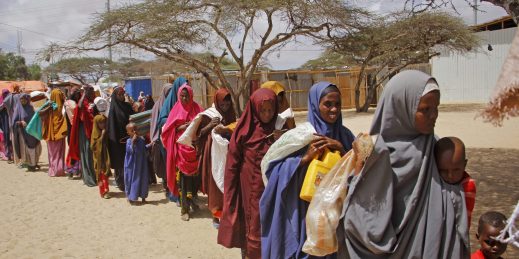Economics & Business Archive
Free Newsletter
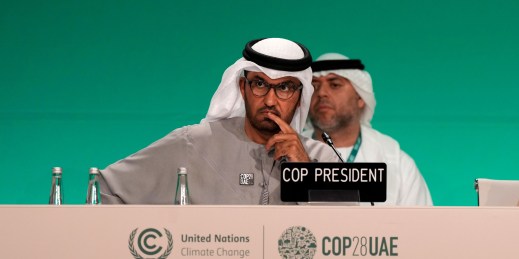
The U.N. COP28 Climate Change Conference concluded with a pledge to transition away from fossil fuels, the first such major multilateral agreement to call for signatories to do so. As a result, the pledge was heralded as a historic achievement. But does this actually mean that climate diplomacy has turned a corner?
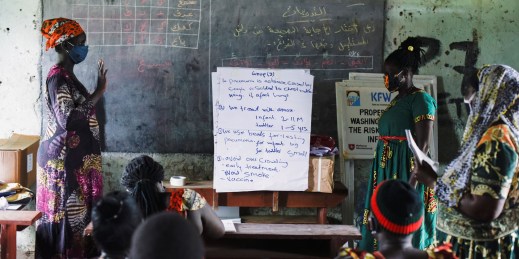
Financing is a critical component in the response to various development goals across the Global South, but it is also urgent to scrutinize how solutions are implemented. In particular, the exclusion of local actors affects the effectiveness of international assistance and can even lead to foreign aid doing more harm than good.
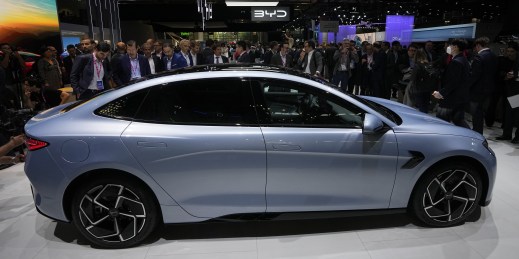
The EU and China concluded their first in-person leaders’ summit since 2019 this week, with trade imbalances and China’s continued support for Russia front and center. While the latter has fundamentally shifted Europe’s view of China, the economic issues dominated discussions at the summit, particularly with regard to electric vehicles.
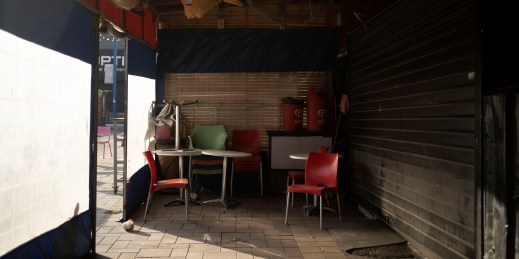
Israel’s previous wars in the past few decades have had limited economic fallout, in part due to their brevity. But its current conflict against Hamas in Gaza promises to be a more protracted campaign, one that will affect a more significant swathe of the Israeli population and disrupt supply chains to a much greater degree.
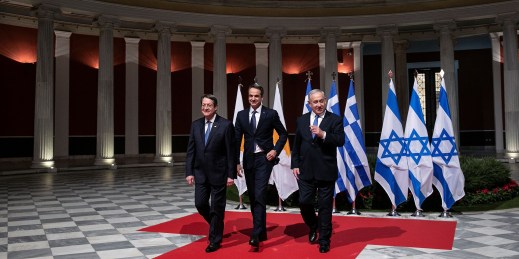
In addition to the human cost of the Israel-Hamas war in Gaza, the conflict also poses clear challenges to the regional energy ecosystem that has emerged in the Eastern Mediterranean over the past decade. Having already created immediate disruptions, the war could also have a long-term impact on its future development and expansion.
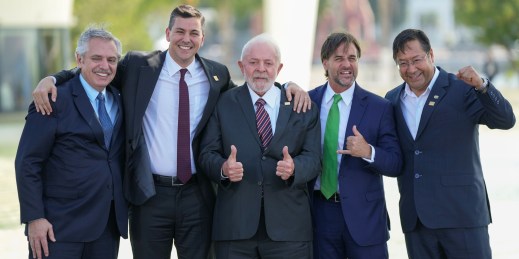
Every time the political winds shift in South America, Mercosur heads in a new direction. Last week’s summit was no exception. The trade group agreed to invest $10 billion in regional infrastructure, but its free trade deal with the EU hit yet another speed bump, in part due to worries over Argentine President Javier Milei’s plans.
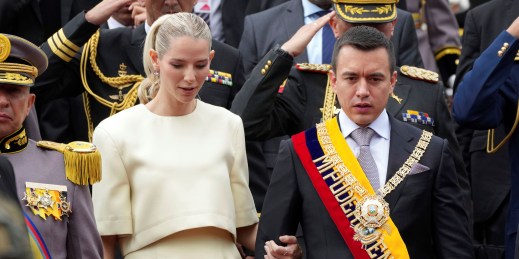
Over the past decade, the rise of social media has indelibly changed politics in Latin America and made digital outreach, especially toward large swaths of the population under 30, critical to any successful campaign. That shift has brought about the rise of a new type of political figure in Latin America: the influencer spouse.
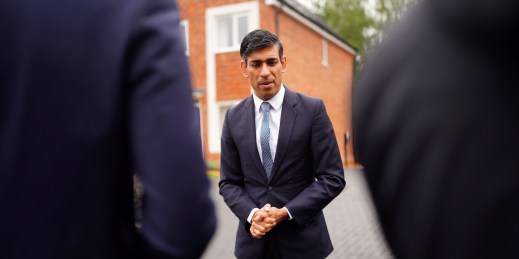
The British national news agenda these days is dominated by debates over migration, economic stagnation and infighting within the Conservative Party. Though understandable, that is obscuring coverage of a breakdown in local governance affecting hundreds of communities across the U.K. that could have a profoundly destabilizing impact.
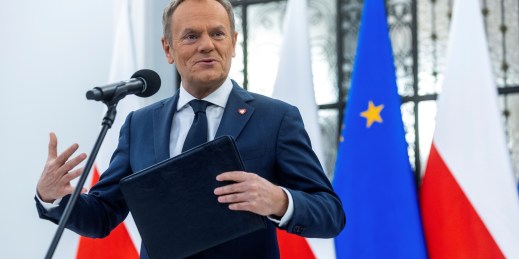
Former Polish Prime Minister Donald Tusk will likely return to office in mid-December, and from day one the pressure will be on and the task ahead will be immense. Among other pressing issues will be jumpstarting Poland’s energy transition after eight years in which Warsaw adopted an obstructionist approach to the climate crisis.
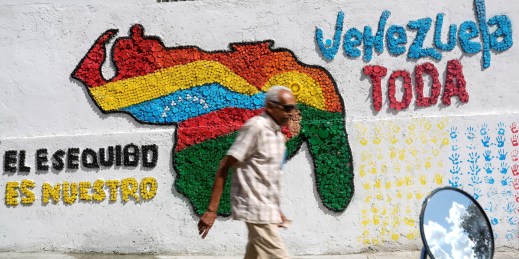
Yesterday, Venezuela held a controversial referendum to underscore its longstanding territorial claim to Guyana’s Essequibo region. But despite fears the referendum was an effort to provide popular legitimacy for the government to seize and annex Essequibo, there are plenty of reasons why a military operation to do so is highly unlikely.
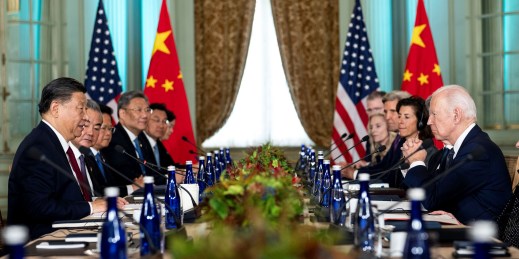
Though the recent meeting between U.S. President Joe Biden and Chinese President Xi Jinping was short on concrete outcomes, its key accomplishment, according to some observers, was to set a floor on U.S.-China relations. But even if setting a floor was the goal of the meeting, it’s concerning just how low the floor sits.

